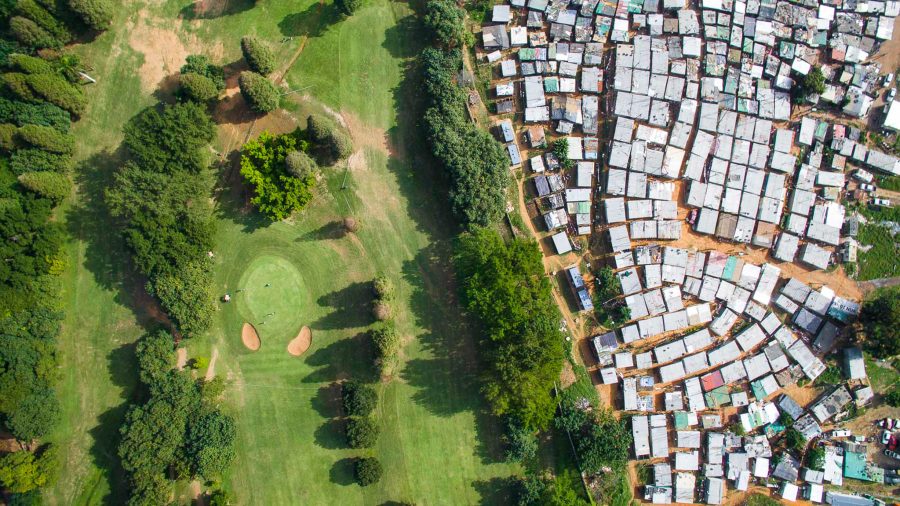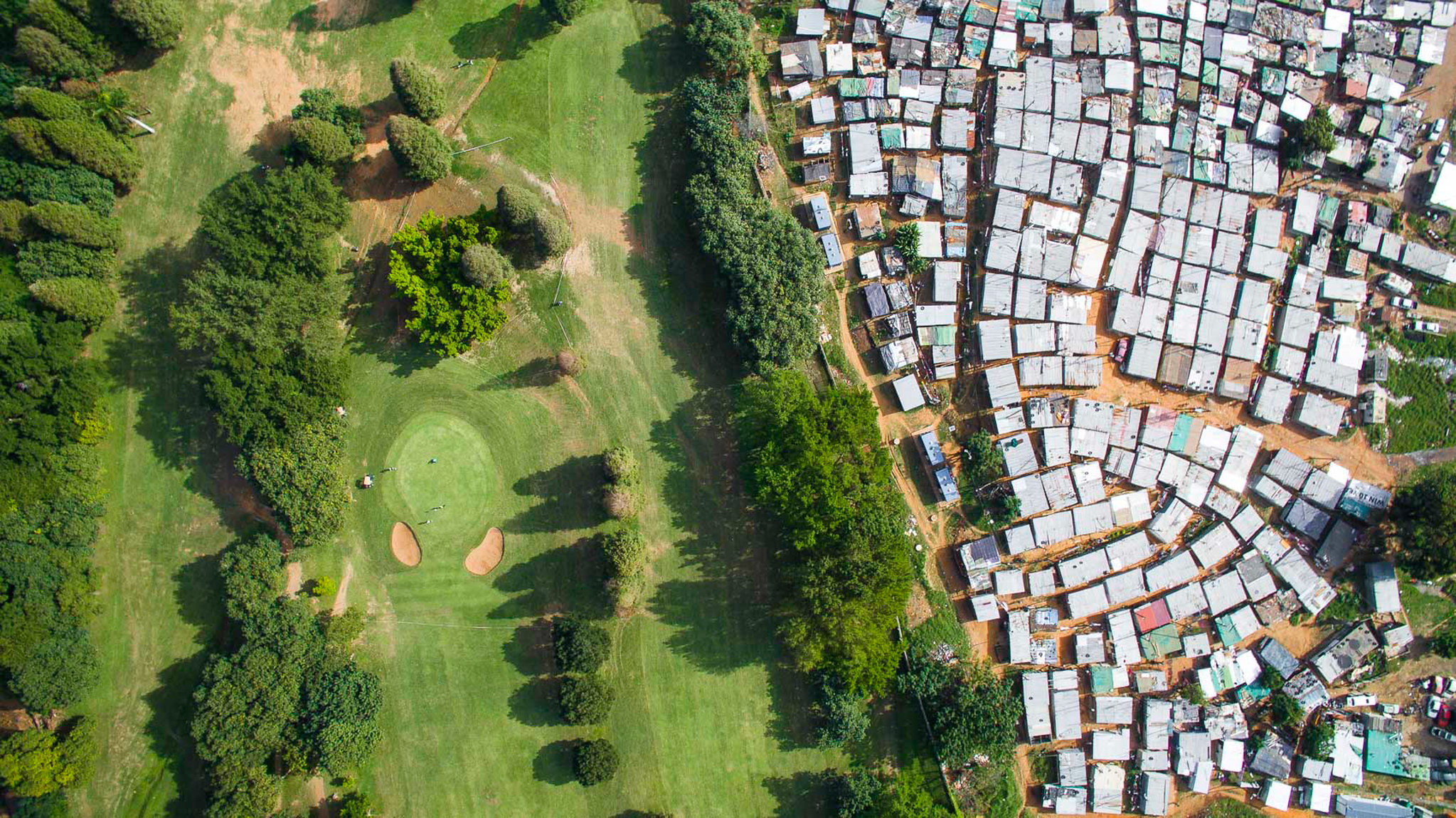
Green spaces for human living: many South Africans can’t access
The benefits of experiencing nature on green space for physical, psychological and spiritual well-being are widely documented. The benefits of experiencing nature on green space for physical, psychological and spiritual well-being are widely documented. But much of the research on these benefits has been done in relatively affluent countries in the global North. There’s little […]

The benefits of experiencing nature on green space for physical, psychological and spiritual well-being are widely documented.
The benefits of experiencing nature on green space for physical, psychological and spiritual well-being are widely documented. But much of the research on these benefits has been done in relatively affluent countries in the global North. There’s little research that has been done in developing countries on the benefits of being in nature.
Development and urban planning approaches in developing countries reflect this. While they rightfully emphasize economic development, housing and sanitation, they commonly treat access to green space as a luxury to enjoy once basic needs are met.
ALSO READ: City of Cape Town to provide eight new spaces for homeless people
In an era of accelerating urbanisation, particularly in developing countries, nature experience is becoming increasingly rare. And as with many other types of amenities, access to nature and green spaces is highly skewed along socioeconomic lines.
In South Africa, there remains a stark contrast in access to nature and green spaces between areas that were divided along racial lines during apartheid. It includes highly uneven distribution of city trees and green spaces, a situation that has been dubbed “green apartheid”.
ALSO READ: THE VALUE OF NATURE TO PEOPLE’S WELL-BEING IN DEVELOPING COUNTRIES
OUR RESEARCH ON GREEN SPACE AND OTHERS
We have been researching for the past decade the relationships isiXhosa-speaking people in urban and rural settings in South Africa’s Eastern Cape Province have with their natural environment. Our definition of “nature” includes anything from dense natural forest in rural areas to patches of bush and communal grazing land around towns and villages.
We found that across a range of urban to rural locations, age and gender, most people we interviewed had a strong appreciation for nature. Even though many had limited access to natural spaces, and seldom visited them, they valued such spaces for their contribution to a sense of well-being, identity and shared heritage. Many also described how visiting nature eased feelings of hardship, stress, and loneliness.
ALSO READ: How to be a better – and greener – traveller in 2020
Employment, housing, water and sanitation remain urgent priorities for urban and rural development. Nevertheless, as our research shows, the contribution access to nature makes to people’s well-being is important.
Growing evidence suggests that access to green space has the most pronounced benefits among the lowest socioeconomic groups. Making access to nature a luxury that few can afford continues to reinforce existing patterns of deep inequality.
RELATIONSHIPS WITH NATURE
To test the generality of our qualitative findings, we conducted an in-depth, questionnaire-based survey of nearly 700 Eastern Cape rural and urban residents. This included questions about respondents’ feelings of attachment to nature, past and present nature access and resource use, cultural and religious beliefs and practices, and socio-economic indicators.
ALSO READ: How African cities can harness green technologies for growth and jobs
We also explored the contribution that being in nature made to the best and worst times respondents remembered experiencing during their life.
Religion and spirituality featured strongly in the lives of the people we interviewed. Three-quarters of respondents practised both Christian and African indigenous religions, including recognition of ancestral spirits. Only 1% neither belonged to a church nor held African indigenous religious beliefs.
Ninety percent of respondents engaged in various rituals including male initiations, and many of these require time spent in natural settings and use of natural products. Access to nature thus helps to ensure that spirituality remains a part of everyday reality, and vice versa.
We asked respondents to remember and describe the happiest period they had experienced in their lives, and whether being in nature featured and contributed. The most commonly reported best time was childhood or youth, often associated with rural life and being in nature. People reminisced about stick fighting and traditional parties for young people, safe spaces for teenage courtship in nature and swimming in rivers and dams.
Other times widely remembered as the best in people’s lives were associated with educational and related achievements, marriage and relationships, the birth of children, and men’s time spent in the bush as part of their traditional initiation into manhood.
Overall, the best periods are strongly related to social aspects of life, such as family relationships, community and personal achievements. Only 27% of respondents mentioned best times that reflected material domains such as work, money or housing.
ALSO READ: Interior landscaping: Meet the man behind all things green and glass
Fifty-six per cent of the respondents said they accessed nature during the best time in their life, and nearly all of those (94%) felt that accessing nature contributed to it being the best time in their life. The reasons for this included the contribution of being in nature to a sense of well-being and joy and as a site for celebrations, recreation and ritual practices.
We also asked respondents to describe the worst time they had experienced in their life. The death of loved ones was overwhelmingly associated with the worst period. Other worst experiences included ill health or injury, and setbacks or failure in life. Thirty-six per cent of respondents reported spending time in nature during this difficult time, and of these, 74 % felt that it helped them cope better.
Mourners found that experiencing peace and calm in nature assisted with the healing process. Some respondents said the peaceful surroundings were conducive to prayer. Others felt the presence of their ancestors when being in nature.
Of those who did not spend time in nature during their most difficult time, 30% thought that it might have helped them cope better. Overall, 45% of respondents felt that accessing nature either helped or could have helped them deal with the worst time in their lives.
Access to nature benefits children’s mental and physical health but this is becoming more difficult in urban areas. Tony Dold
GREEN SPACE: A BASIC NECESSITY OR A LUXURY?
The rural areas and urban townships of the Eastern Cape are among the least developed in South Africa. They are characterised by high rates of poverty, dependence on social welfare, unemployment, poor access to quality schooling and medical care, and high rates of crime, including gender-based violence.
Within this context, we found that well-being and happiness are multidimensional and strongly enhanced by social and family relationships, religion and spirituality, and access to natural spaces for material, recreational and spiritual purposes.
Unfortunately, access to natural spaces is becoming increasingly difficult and dangerous for many people, especially women and girls in urban areas. For children, and especially girls, fear of crime and competing expectations around the home are limiting opportunities to play outdoors in natural spaces. This means they miss out on the benefits that being in nature has for the mental and physical health of children.
READ MORE: Airlink to increase services on a few South African routes
